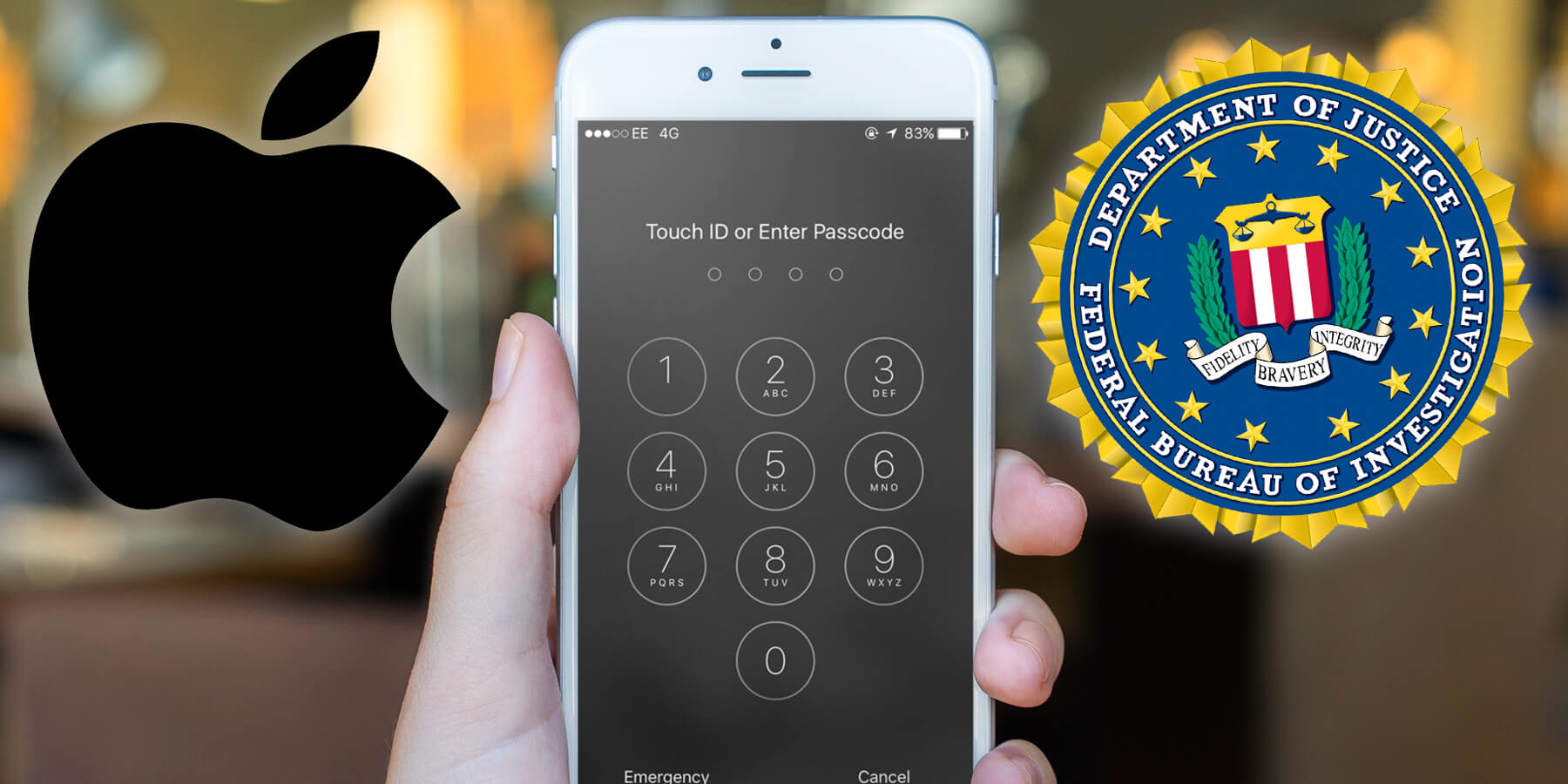Remember a few years back, when Apple stood up to the FBI by refusing to create a dangerous “backdoor” into iOS? The news story centered around an iPhone 5C owned by the San Bernardino shooter, and it lasted for months before the FBI eventually paid a team of hackers to break into the device.
Well, it’s happening all over again. Sigh.
This time around, Attorney General Bill Barr has joined the FBI in publicly requesting Apple unlock two iPhones owned by the naval base shooter who killed three people in Pensacola, Florida last month. Barr says Apple “has not given us any substantive assistance” in unlocking the device.
Apple says that although it’s both unable and unwilling to unlock the device, it has in fact helped to the best of its abilities. “We reject the characterization that Apple has not provided substantive assistance in the Pensacola investigation. Our responses to their many requests since the attack have been timely, thorough and are ongoing.”
Whichever side you take, it’s worth being clear on what’s being asked here. Apple isn’t withholding information – in fact, the company has cooperated by handing over everything it knows about the shooter. It’s just that, thanks to the way Apple’s hardware and software are designed to protect user privacy, that doesn’t add up to very much information. Even Apple itself has no way to magically unlock an iPhone without the passcode.
What Bill Barr and the FBI are asking is for Apple to create a custom version of iOS with weaker security, install it on the device, and use it to bypass the passcode. Theoretically possible, sure, but it would fly in the face of Apple’s core beliefs and potentially create a dangerous precedent and a free toolkit for hackers.
Cook has spoken out on many occasions about the importance of strong encryption and the dangers of creating a backdoor which could unlock any iPhone. He has said that purposely building weakened software for a single use could have much bigger repercussions, creating the potential for surveillance software to be created or an iOS “master key” to fall into the wrong hands; it would be safer for the backdoor technology not to exist in the first place.
Here’s more from Apple’s official statement:
“We have always maintained there is no such thing as a backdoor just for the good guys. Backdoors can also be exploited by those who threaten our national security and the data security of our customers. Today, law enforcement has access to more data than ever before in history, so Americans do not have to choose between weakening encryption and solving investigations. We feel strongly encryption is vital to protecting our country and our users’ data.”
One thing all parties agree on is that the terrorist attack was an awful tragedy. Here’s hoping justice can be found without compromising security for millions of iPhone users worldwide.

